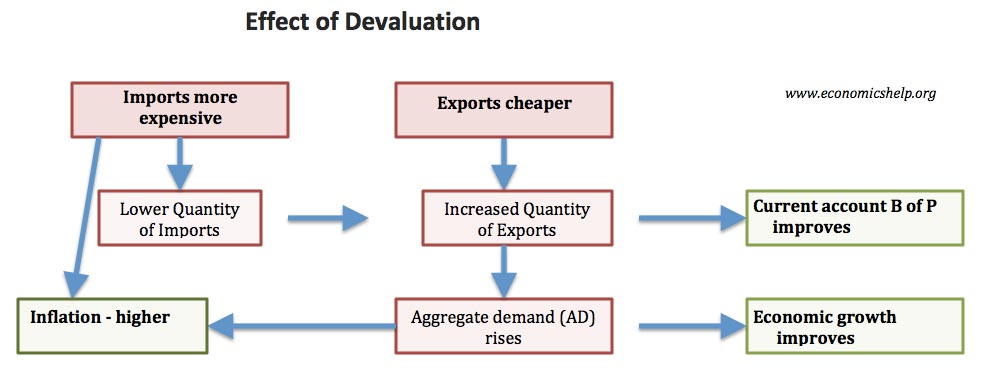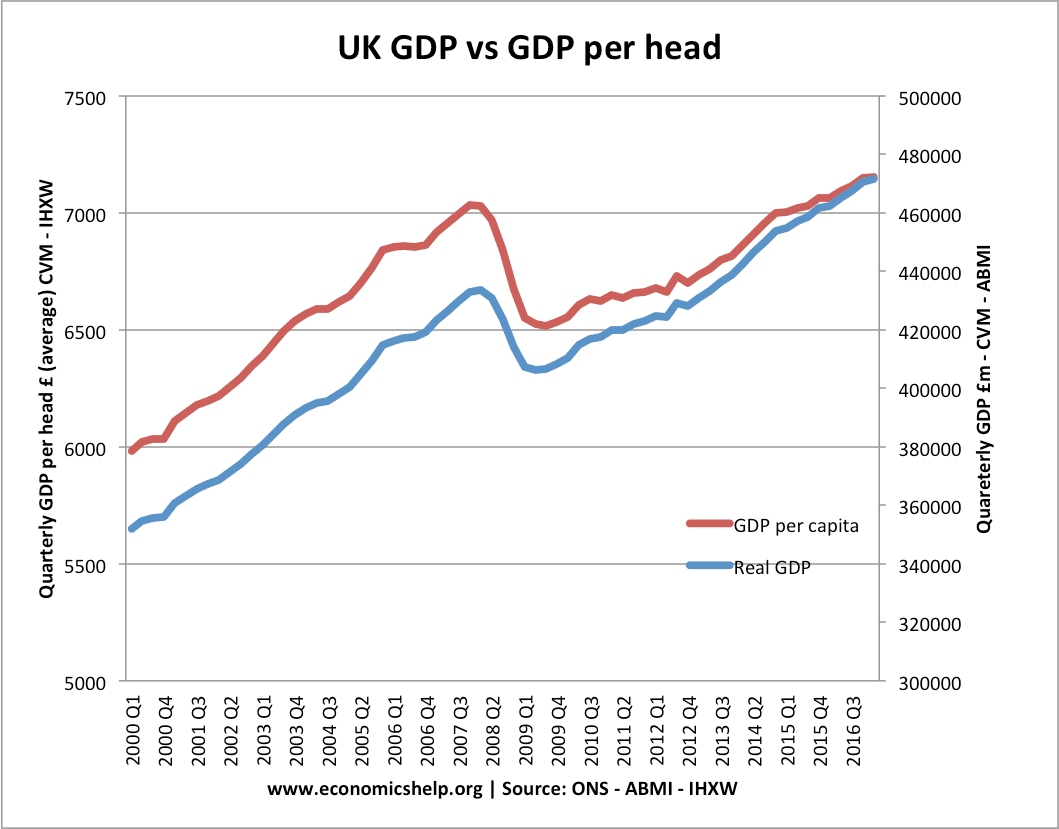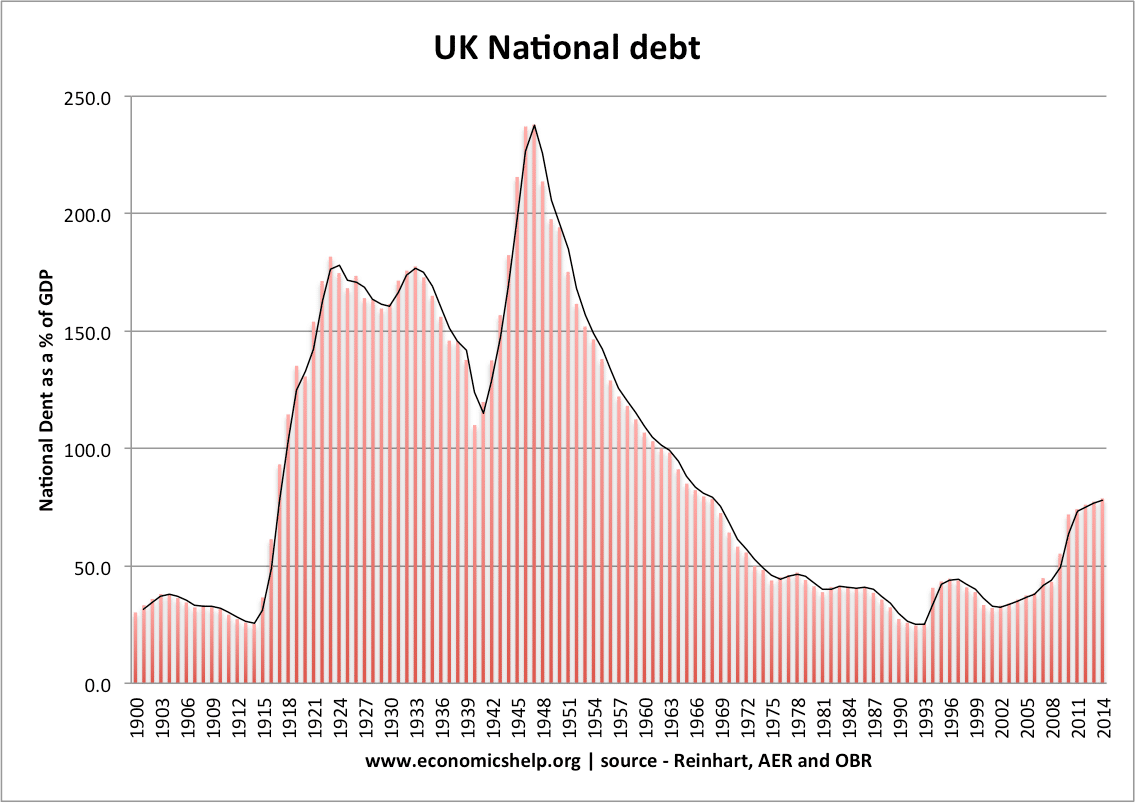UK levels of foreign direct investment (FDI)
Foreign direct investment involves the transfer of funds to be involved in capital investment in a foreign company. For example, if a Japanese firm, like Toyota builds a factory in the UK, this counts as inward investment into the UK. Foreign direct investment does not include portfolio investment, e.g. Chinese saving money in UK banks …




